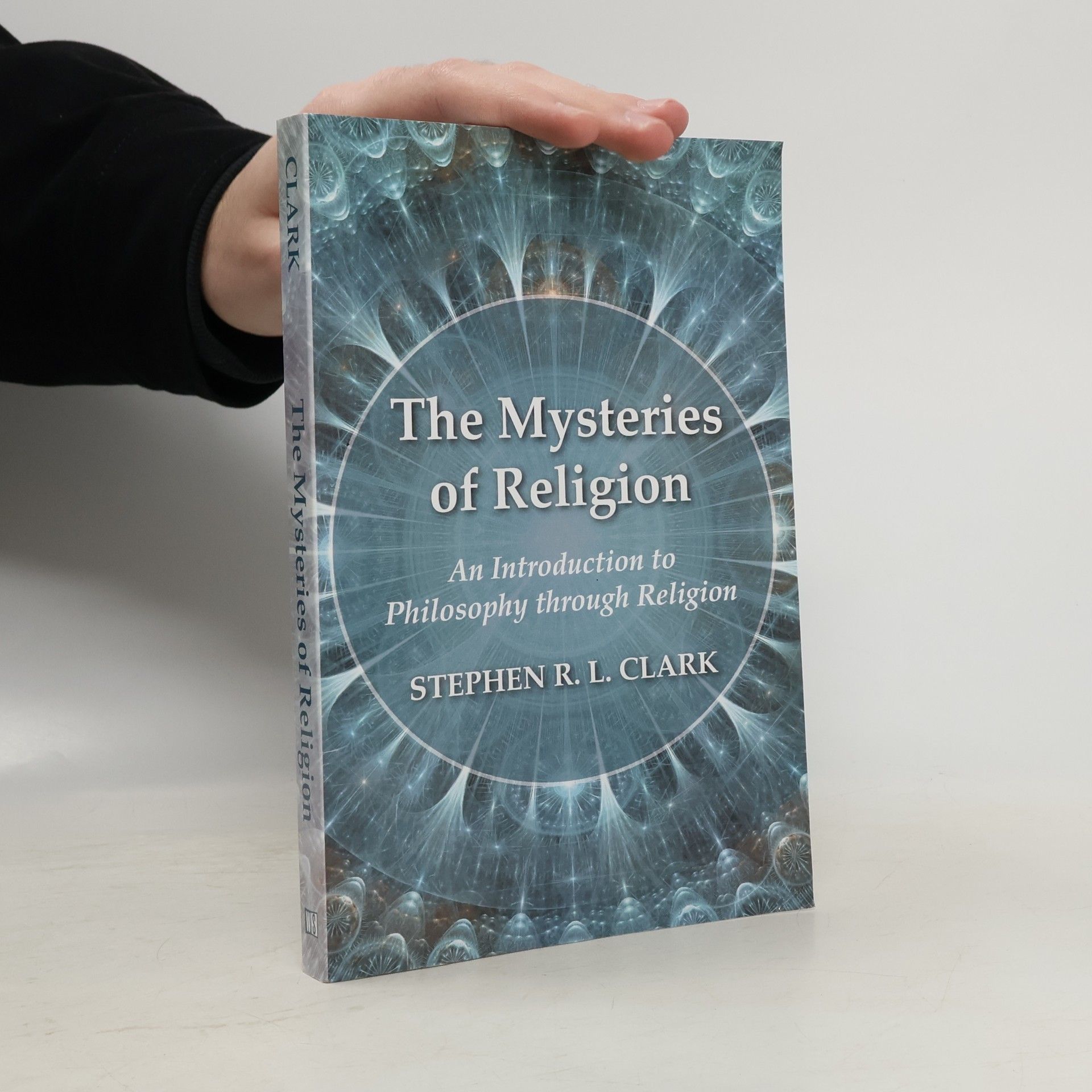Exploring the philosophy of Plotinus, Stephen Clark delves into the balance between soul-body composites and the World Soul, addressing how these ideas can inform the creation of a divinely-ordered city today. He examines interpretations from Christian, Islamic, and Hindu traditions, highlighting the significance of reincarnating souls and the role of hermits versus communal living. Clark suggests that even solitary seekers may form unstructured communities, while also contemplating future societal developments influenced by technology and potential upheavals.
Stephen R. L. Clark Livres




Biology and Christian Ethics
- 350pages
- 13 heures de lecture
This work offers a comprehensive examination of biological theory from Darwin's time to the present, exploring the evolution of ideas and concepts in the field. It delves into the key developments and debates that have shaped our understanding of biology, highlighting significant contributions and shifts in perspective. The author presents a critical analysis of how Darwin's theories laid the groundwork for modern biology, while also addressing contemporary challenges and advancements in the discipline.
The Mysteries of Religion
- 288pages
- 11 heures de lecture
Exploring a diverse range of cultural contexts, this book expands the discourse of philosophy of religion beyond traditional Western Christian themes. It delves into various religious practices and expressions, examining sacred texts, rites of passage, and movements such as British Israelism and spiritism, as well as Aztec devil-worship. By incorporating both familiar and exotic examples, it challenges the conventional boundaries of philosophical inquiry in religion.
Exploring the intersection of myth and cosmology, this collection delves into ancient stories that illuminate the emergence of existence from nothingness. These narratives not only echo modern scientific theories but also serve as transformative resources for enriching human life. By examining these myths, readers are encouraged to seek wisdom and wonder, revealing insights into our origins and our connection with all living beings. The text invites a reflective and appreciative approach to the profound tales that shape our understanding of the universe.